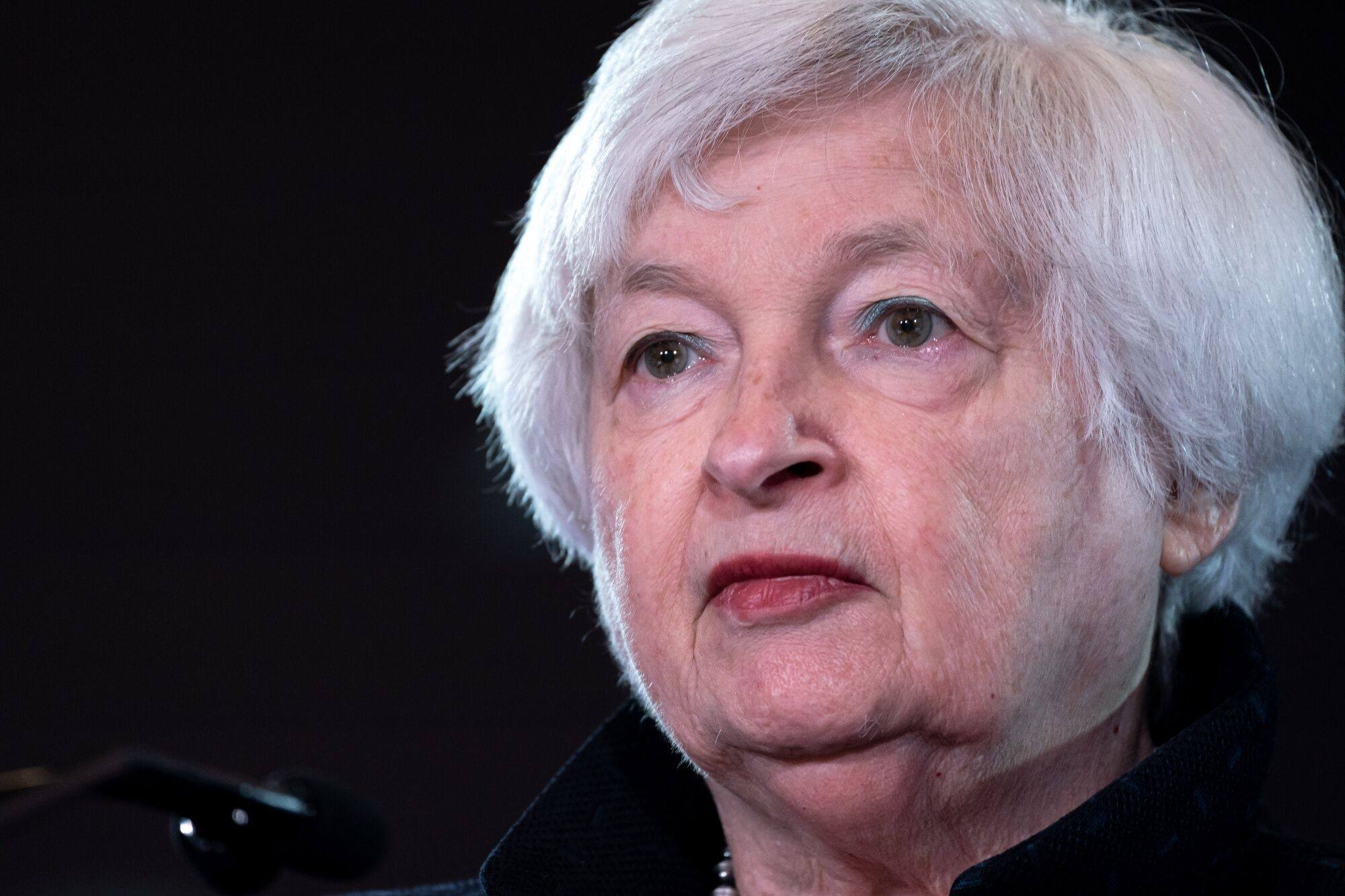
Joe Biden cancels stops on Asia trip because of US debt limit stand-off
- American president had planned to visit Papua New Guinea and Australia after the Group of 7 meeting in Japan
- But House Speaker Kevin McCarthy criticised the trip while debt limit remains unresolved and as default could occur as early as June
“I’m postponing the Australia portion of the trip and my stop in Papua New Guinea in order to be back for the final negotiations with congressional leaders,” Biden said at the White House on Tuesday.
Biden added: “The nature of the presidency is addressing many of the critical matters all at once. So I’m confident we’re going to continue to make progress toward avoiding the default and fulfilling America’s responsibility as a leader on the world stage”.
Following Biden’s announcement, Australia’s Prime Minister Anthony Albanese on Wednesday said the Quad meeting would not go ahead in Sydney. Instead, the leaders of Australia, Japan, India and the US would meet at the G7 in Japan, he said.
House Speaker Kevin McCarthy, who met with Biden along with other congressional leaders on Tuesday, earlier criticised Biden’s plan to attend the G7.
McCarthy told reporters after the one-hour meeting that a deal would be possible by this weekend, but that negotiations about spending cuts remained “far apart”.
The White House issued a similar comment: “While more work remains on a range of difficult issues, [Biden is] optimistic that there is a path to a responsible, bipartisan budget agreement if both sides negotiate in good faith and recognise that neither side will get everything it wants.”

“I think an American president should focus on the solutions for America. I think it shows your values and priorities,” McCarthy told Bloomberg News about Biden’s trip.
Pressed on the issue soon before the start of the White House meeting, National Security Council spokesman John Kirby said that Biden was “re-evaluating” and might cancel the later two stops because of “how seriously the president takes this priority about defaulting on the national debt and what that says about the United States … and how that can affect our own international reputation.
Democrats have sought a simple vote on a bill to raise the government’s US$31.4 trillion borrowing limit – thus covering allocations Congress has already approved – but Republicans are tying their approval to spending cuts they seek in the federal budget.
Until an agreement is struck, the threat of a debt default by the US, and its impact on global markets, grows every day.

Last week, the Congressional Budget Office said the US could default in the “first two weeks of June” if an agreement is not reached before then.
After McCarthy warned that there was “no progress” in talks late Monday involving congressional staffers, US Treasury Secretary Janet Yellen warned that if Congress did not raise the limit, “we have to default on some obligation, whether it’s [US] Treasuries or payments to Social Security recipients”.
“That’s something America hasn’t done since 1789,” she added.
The global consequences of a debt default include Washington’s efforts to counter China, and it has emerged as a concern among policymakers.
Senior White House economics adviser Shalanda Young said on the same day that the debt ceiling situation was “no less than a test of what works in this world.
“Does democracy still work, or does the Chinese way work?”
The debt limit stand-off deepens his predicament.
A decision to lop off more than half of his itinerary over the next week shows that Biden “is trying to have it both ways and that he’s in a real difficult position”, said Todd Belt, a political science professor at George Washington University.

A truncated Asia trip could work in Biden’s favour by giving him face time with G7 leaders, sending a message that he’s committed to engagement, while the principal debt limit negotiators – House and Senate leaders from both parties – work toward an agreement, Belt added.
Biden would need to be back in Washington to steer a final agreement “because it always comes down to Congress versus a president” on debt ceiling talks, he said.
That marked a seventh straight monthly decline by China and reduced the amount to its lowest level in nearly 13 years, although the country remains the largest foreign holder of US holdings after Japan.
Talks in the White House included Senate Majority Leader Chuck Schumer and House Minority Leader Hakeem Jeffries on the Democratic side, with Senate Minority Leader Mitch McConnell and McCarthy representing the Republicans.

Policymakers have sounded the alarm on the advantages that a US debt default would give Beijing, but have also warned earlier about how much influence the Chinese government has gained in the Indo-Pacific region owing to a relative lack of US diplomatic efforts there.
The Biden administration has made efforts to address that in measures like the Pacific Partnership Strategy, which commits Washington to spending more than US$800 million on priorities like climate change, fishing disputes and maritime security.
Joseph Yun, a US special presidential envoy for renegotiating agreements with three tiny but strategically important Pacific island states, said recently that Washington was trying recently to make amends for the diplomatic neglect.
“Now we’re playing … a little bit of catch-up, I would say,” said Yun said at an event by the Hudson Institute think tank in Washington last month. “We need to accelerate our catch-up.”
To do so, Biden should try rescheduling the Papua New Guinea trip as soon as possible, assuming that part of his sweep through Asia is called off, Belt said, adding that the cancellation would not be unprecedented. Nor would it likely be treated as an insult.
“This has been done in the past,” Belt said. “You just make it up later.”
Additional reporting by Associated Press

